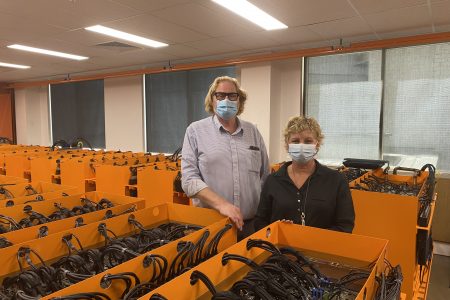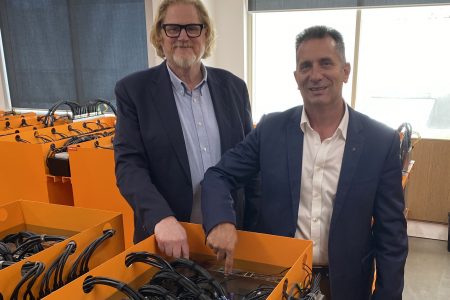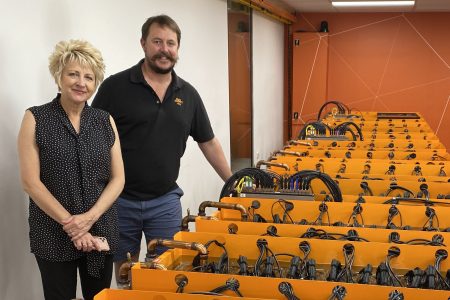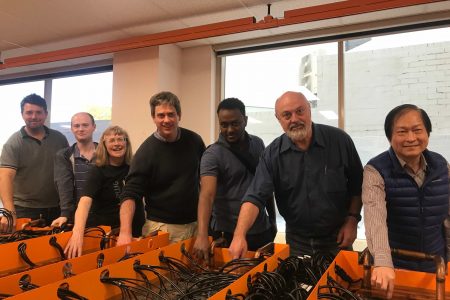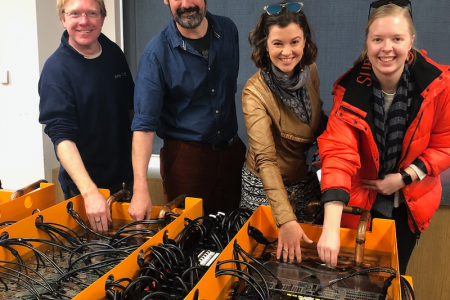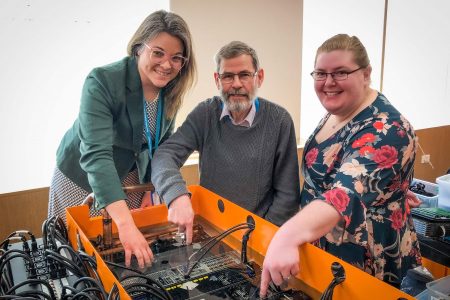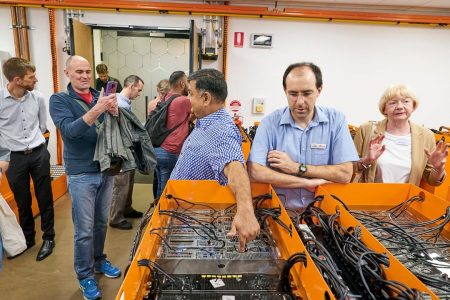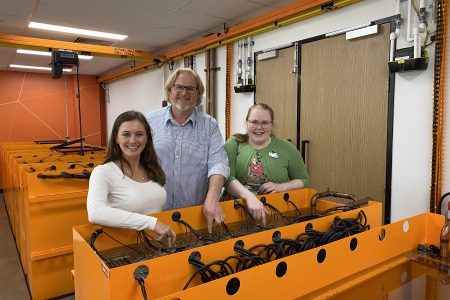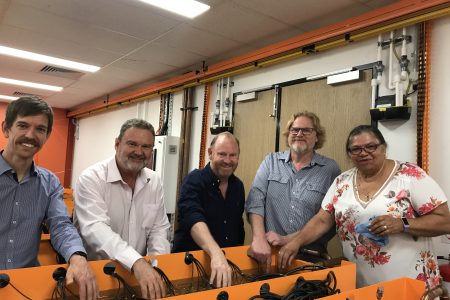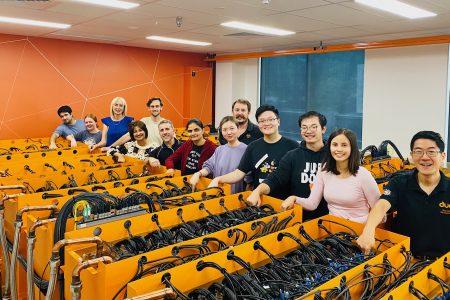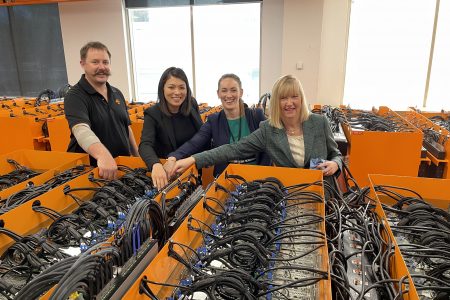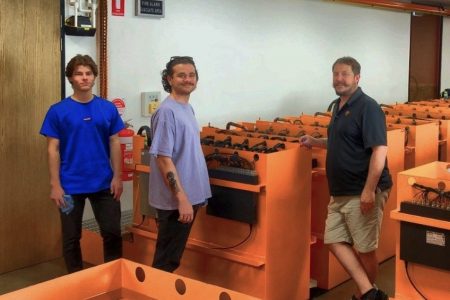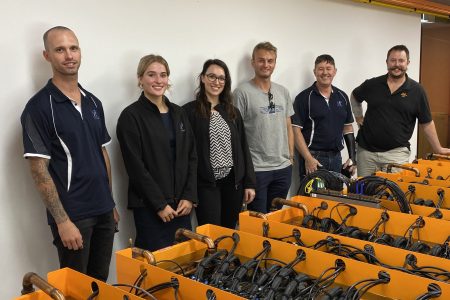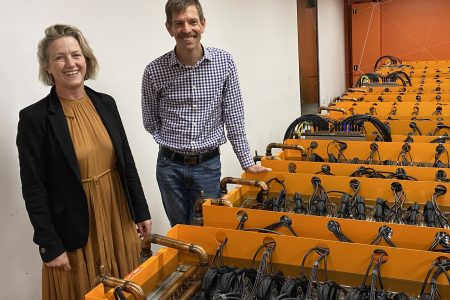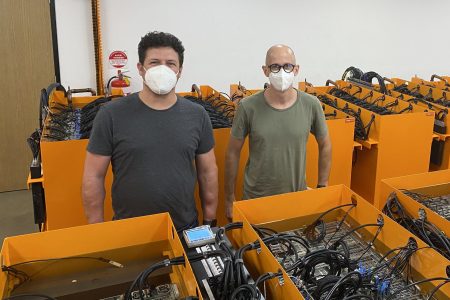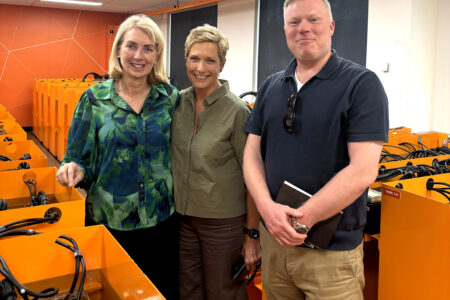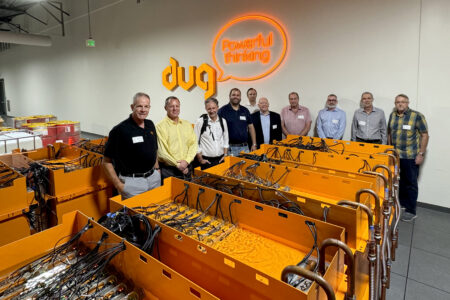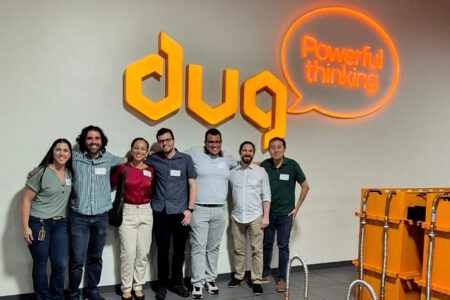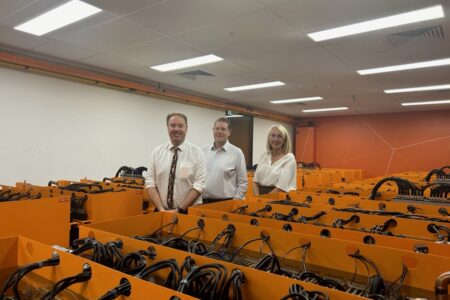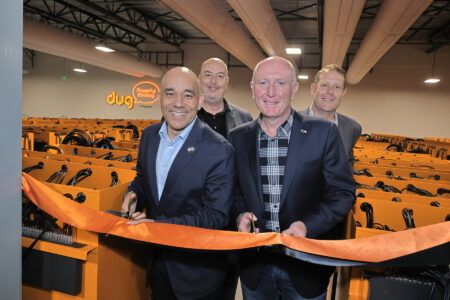Enteric methane, or methane produced when microbes decompose and ferment plants in ruminants, contributes to a significant portion of greenhouse gas emissions that accelerate climate change.
Carbon emissions from enteric fermentation account for almost 30% of total US on-farm greenhouse gas emissions from ruminants including dairy cows and the production of their feed supply.
Cows burp methane as they digest food. It’s a normal process, but also scientifically proven to be rather deadly to the climate, especially when taking into consideration the staggering increase in cattle production over the decades.
In particular, methane as a greenhouse gas is 84-86 times more potent than carbon dioxide over the first 20 years it stays in the atmosphere. Although carbon dioxide has a longer-lasting effect, methane sets the pace for warming in the near term. In California, about 1.8 million cattle emit 11.5 million metric tons of carbon dioxide equivalent annually — as much as 2.5 million cars.
Agriculture scientists have been devising ingenious, and somewhat weird approaches to capture cattle emissions, from cow masks that control how much methane is burped, to backpacks that trap cow farts. But it may be a better solution to start at the source. In 2020 Australian scientists found that methane emissions from cows can be drastically reduced by feeding them with an ingredient rarely found near cow pastures: seaweed.
Now, in the first real-world experiment, this cheaper technique is found to be spectacularly effective at slashing methane emissions from cow burps and farts.
Real-world results echo laboratory findings.
The field experiment took place at Straus Dairy Farm on the California coast north of San Francisco, where sustainability has had a long history.
As many as 24 cows on the farm were enlisted for the study. Each of them was tested four times a day to determine the impact of adding 2% (in weight) of red seaweed, called Asparagopsis taxiformis, to their regular, daily diet.
Over 50 days, enteric methane emissions were reduced by an average of 52%, and as much as 90%. In terms of carbon, that’s five metric tons of carbon dioxide equivalent emissions averted in 50 days from the 24 cows.
These promising results echo the researchers’ findings earlier this year, where they determined that red seaweed supplementation decreased methane emissions from beef steers, in a controlled, university-based setting.
Seaweed is a cow’s best friend.
A compound called bromoform in seaweed blocks the enzymatic reactions of methanogens, the microbial culprits responsible for breaking down food in a cow’s rumen and generating methane as a metabolic byproduct. When incorporated into feed, the compound interferes with and inhibits the normal function of those enzymes, and that reduces emissions.
You might be wondering if the seaweed would affect the milk production, and perhaps most vitally, the deal-breaker of the technique: taste.
Fortunately, results from a taste-test panel found no differences in the flavour of beef from seaweed-fed cows with a control group. Similarly, milk production in dairy cattle remained the same and seaweed had zero impact on the taste of milk.
So, no seaweed-flavoured milk!
Moving forward, more research is needed to assess the potential risks and benefits of using Asparagopsis on a much larger scale. These include the potential toxicity of some of the other compounds in seaweed, as well as the environmental implications of planting seaweed on such a large scale.
While developing cheaper and more palatable meat substitutes is a great way to reduce methane emissions from cattle, perhaps cattle nutrition could also play an important role in driving down emissions and concurrently ensuring that the meat source of steak enthusiasts is not at stake.






